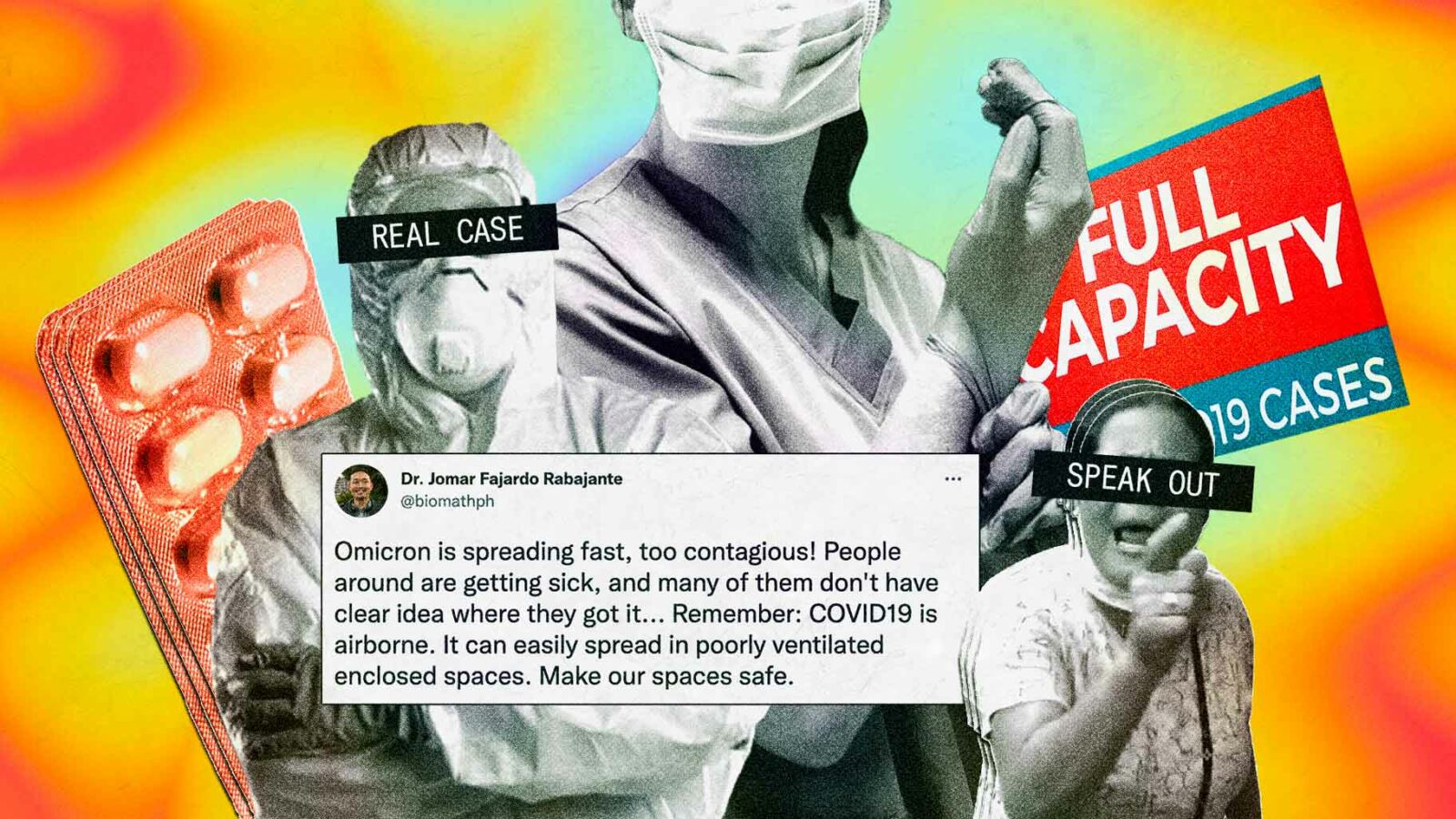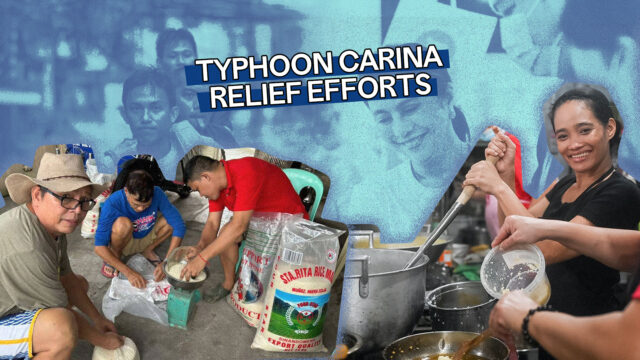So much has been said about the pandemic and the country’s situation. But it’s about time we let healthcare workers speak for themselves.
There’s no mincing words here, the country is currently experiencing it’s worst surge since the COVID-19 pandemic began. What people initially thought was going to be a great start to 2022 turned into a nightmare for many. Daily case counts have regularly reached the five digits mark due in part to the potent mix of the Delta and Omicron variants in the country. Many people are undoubtedly going through a rough time, but no truer is this than for frontline healthcare workers.
Ever since the beginning of the pandemic, they have been on the front lines taking beating after beating, both from COVID-19 and outside factors. A scroll on social media also doesn’t make things better with fake news and misinformation rampant about the virus and vaccines. Many people have said a lot of things about COVID-19 in the Philippines. But we wanted to speak to those who have been through it from the beginning, the healthcare workers.

We reached out to frontline healthcare workers to let them share their stories and what the situation really is like in the hospitals and healthcare facilities. The healthcare workers who spoke to us come from varied fields, Mike is a nurse at a public hospital who’s been working at the COVID ward since 2021, Kris is a fellow in training at a private hospital, and Paolo is a neurologist who sees patients in both public and private hospitals. But they all agree on one thing, the situation is not good. What they have to say is just a small sample of what many healthcare workers around the country are going through. These are their stories and this is what they want to tell you.
How would you describe the situation at your hospital/health care facility based on your experience or what you’ve heard from others?
KRIS: Manpower is depleted at a more rapid pace than before. Although thankfully, symptoms are milder. Many asymptomatic patients turn out positive. Coincidentally, it’s the watchers (bantay) who are positive and not the patient. Everyone is technically a suspect.
PAOLO: Our hospital is a full house for the COVID patients, with the emergency room also overflowing with COVID patients. Our non-COVID rooms are also full so much so that we cannot take care of additional non-COVID patients.
MIKE: I’m not gonna lie, it gets depressing whenever I go to the hospital. It’s been full or near capacity ever since early January. And what’s worse is that people who I work with at the hospital are also testing positive, which means I have to quarantine and more importantly, less manpower to help the patients. It’s been a physical and mental battle ever since the pandemic, but more so now than ever before.
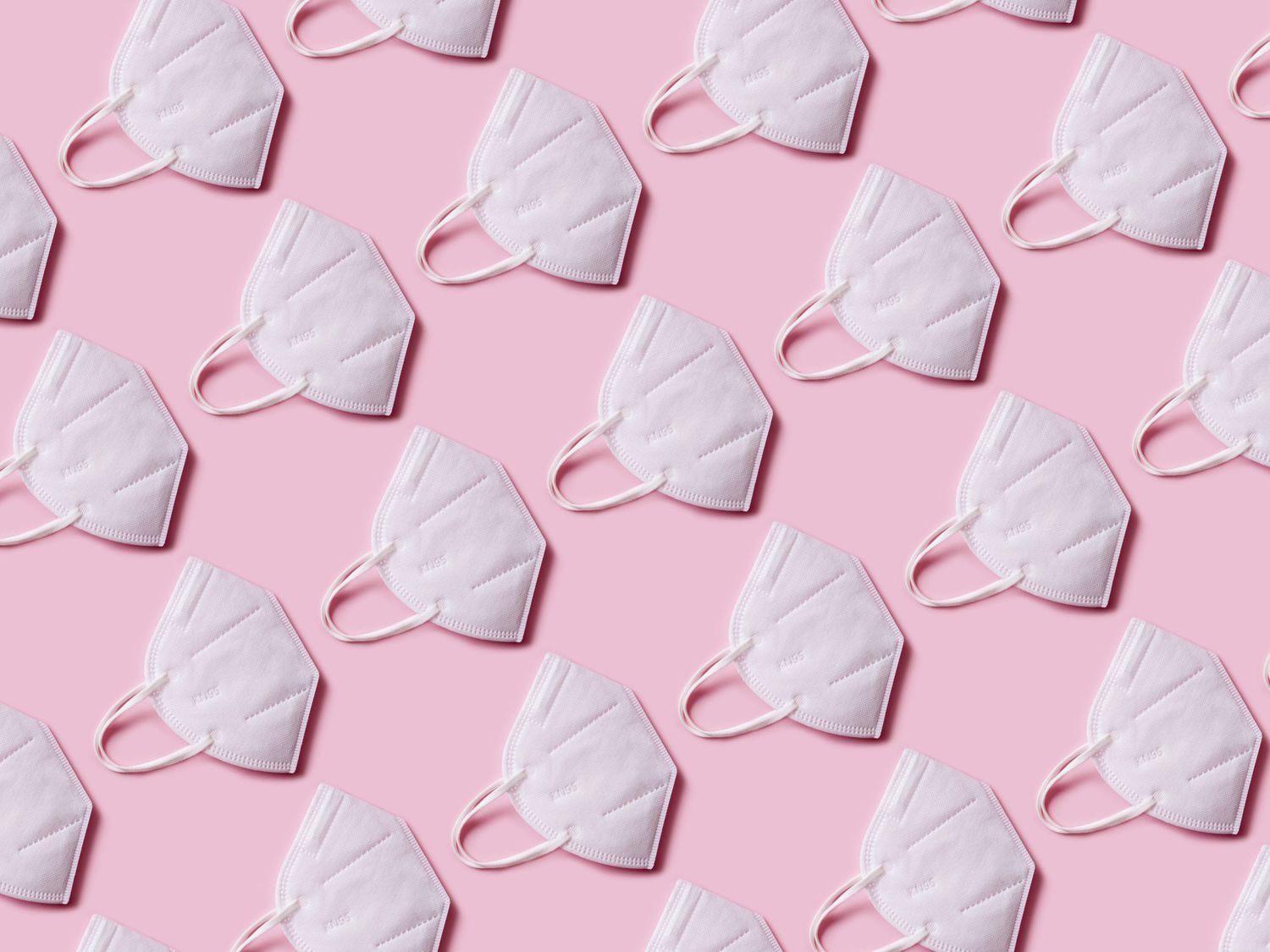
What advice would you give to someone on how they can avoid COVID-19 both outside and in their home?
KRIS: Outside home, wear better masks—preferably a KN95 or N95. Don’t go to the mall just to do window shopping (since there’s this patient who upon discharge went to the mall just to do that). Go out only if necessary. Continue social distancing. Eat at home. If you live alone, good for you. If you live with others at home, wear a mask. Advise everyone to wear a mask when walking around the house and be sure to cover both nose and mouth. Avoid touching your face. Be more conscious of what you touch.
When accepting deliveries, wear two surgical masks, a KN95 or N95. Don’t forget to rub hands with alcohol or wash hands with soap before and after handling deliveries. If you have symptoms or feel that you’ve been exposed, the least you can do is avoid people for at least five days, if you’re vaccinated. Don’t eat with friends. Friends should understand that. Get vaccinated!
MIKE: First and foremost, STAY AT HOME. No non-essential travel. Do “work from home” as much as possible. ALWAYS WEAR MASKS (surgical or N95, no cloth masks). Always wash hands (or put alcohol, liquid alcohol is better rather than alcogel). Remember to do PHYSICAL DISTANCING, do not eat together (eat alone, take shifts in eating). If you feel sick—itchy throat, colds, cough, fever—immediately ISOLATE! The thing to do for your employer, co-workers and the society is the isolate, so that you can prevent other people from getting sick by not Infecting them. “Money lost” from your being absent is less than the money lost from a whole group of workers getting sick!
PAOLO: Wear a proper mask like a N95 or KN95. If you don’t have access to that, then double up such as a cloth mask then a surgical mask. If you’re feeling sick, then do not risk it. Immediately isolate and don’t try to get other people sick. It’s 10 times better to be safe then sorry. Always wash your hands. Always use alcohol. Avoid going out if it isn’t for necessary purposes. And if you really want to go out, always practice proper health and safety protocols.
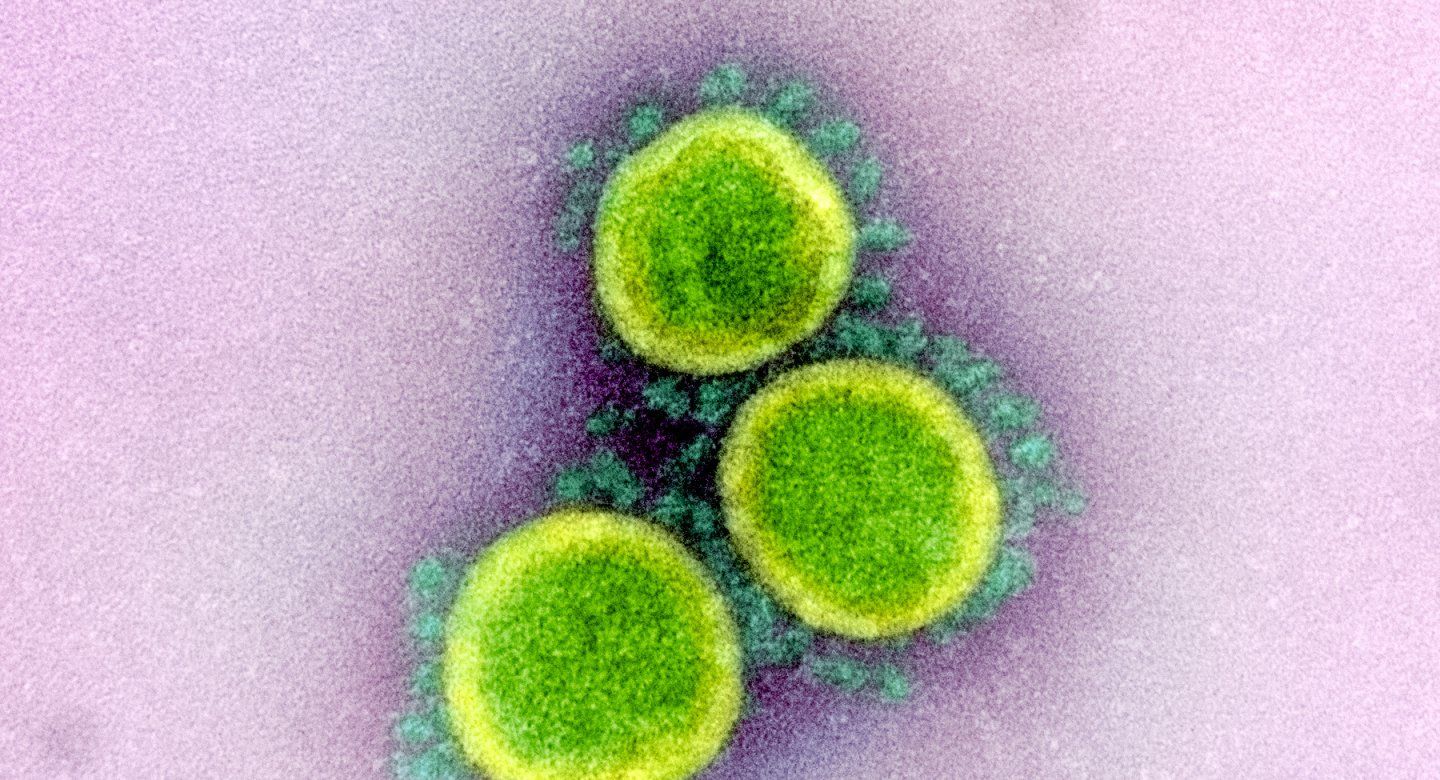
How do you feel about the fake news and misconceptions being spread especially now that we are in the middle of our worst wave yet?
KRIS: What fake news? That Omicron might be the end, last variant? That we should get it over with to obtain herd immunity? Well, to tell you the truth, it also crossed my mind. I think that they are entitled to their own beliefs and opinions and that’s okay. But it would be wrong if they deliberately try to get sick and avoid health protocols. People still have to understand that they live in a society and whatever they do, will matter to everyone. Let’s not be selfish.
PAOLO: First of all, I think the problem is that most people just “retweet” news without fact-checking it! That is the most important thing to do, fact check the news so that you can prevent the spread of fake news. For the people “deliberately “ spreading fake news, I honestly don’t know why they do it. If they just think about the bad things that can occur with the “fake news” and how they can affect even their own relatives, perhaps, they will stop spreading the fake news.
MIKE: It’s one thing to see someone share fake news about the vaccines. But what I hate the most is when people share misinformation that everything is going fine when it is absolutely not. When people try to silence others for making valid points, it boils my blood. It sucks because we are trying to help people but there are those who are making our jobs way harder than it already is. I really wish people made reading a habit because it can feel like a war zone at times at the hospital and I don’t want to go on social media and see people making things worse.
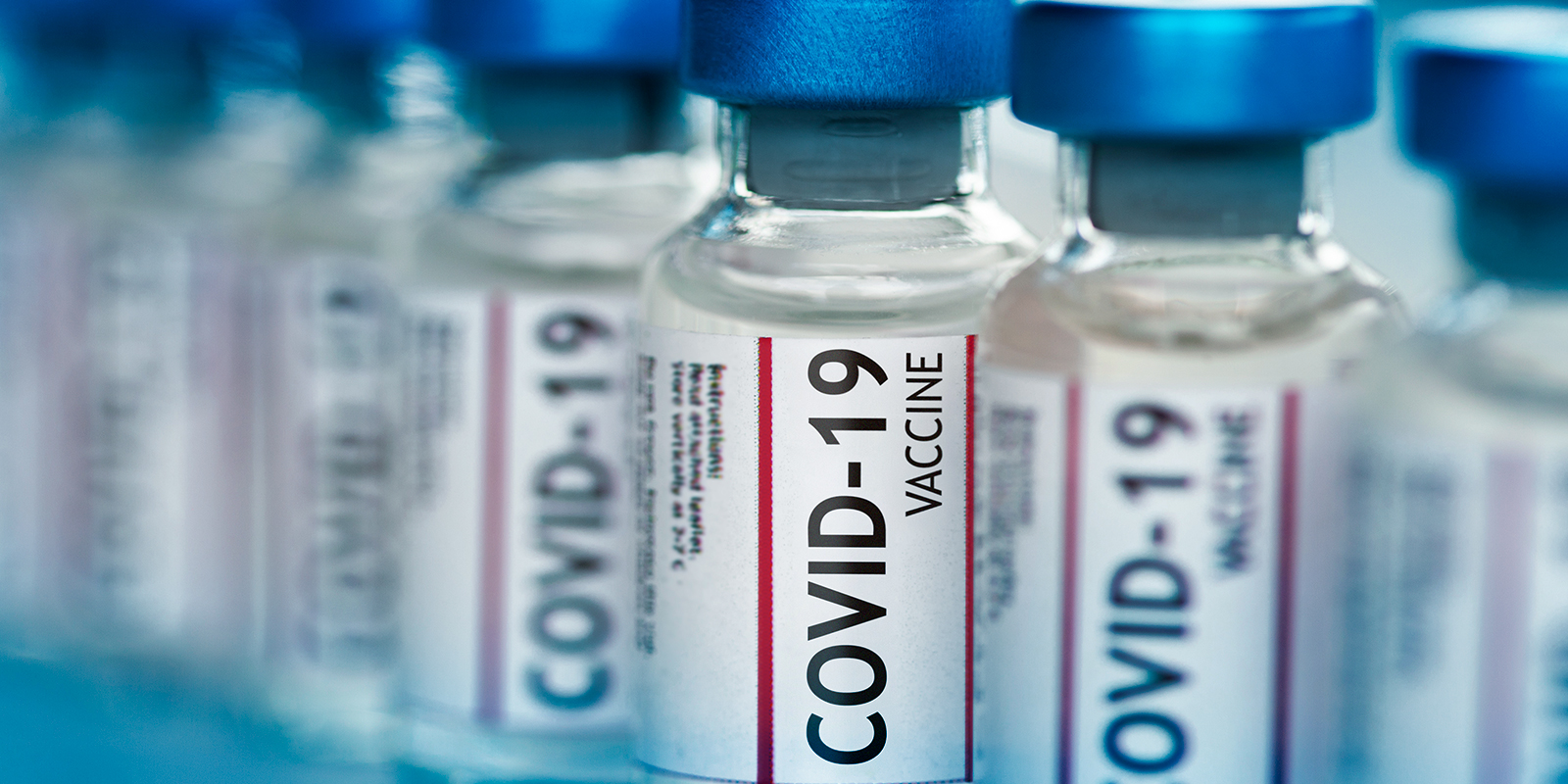
What do you think should be done in terms of the country’s Covid response to make the situation better?
KRIS: Promote and administer vaccination to all. Provide incentives to promote vaccination. Provide visual aids/ads to promote proper hygiene and safety protocols. Ensure supply and proper allocation of medications.
PAOLO: In consideration that any solution entails mandatory expenditures, and strict cooperation from all stakeholders. Even if we have the money, but the people do not cooperate (anti-vaxxers, or refuse to wear masks), then it would be very difficult to succeed. We badly need the full cooperation of the citizens to fulfill the minimum health protocol (wear masks properly, wash hands, and physical distancing) plus staying at home to avoid non-essential travel. Put proper adequate air circulation vents in public transportation vehicles so that they can accommodate even up to 75-100% occupancy. Actually, proper and adequate air circulation vents in rooms, offices, classrooms, public places should be mandatory to afford more protection/ prevention of infection.
MIKE: First, I think the government’s policies should stop seeing COVID as a military threat and more as a healthcare problem. Working at a public hospital, I have seen how some people get so jaded by the government’s anti-poor policies. They feel like they are being taken advantage of and therefore don’t treat COVID as seriously as they should. It’s one thing to be an anti-vaxxer, but it’s another to be so broken down by the system that you don’t care anymore. It’s sad frankly.
Second, RT PCR tests should be made cheaper, if not free. If you think everyone in the Philippines can afford a 3k+ test, then you’re delusional. Second, it would be of great help if public and private establishments installed proper air circulation and ventilation systems because COVID is air born and that helps prevent less infections. More testing and more vaccinations/boosters. And let’s please stop turning to pseudo-science because that does not help.
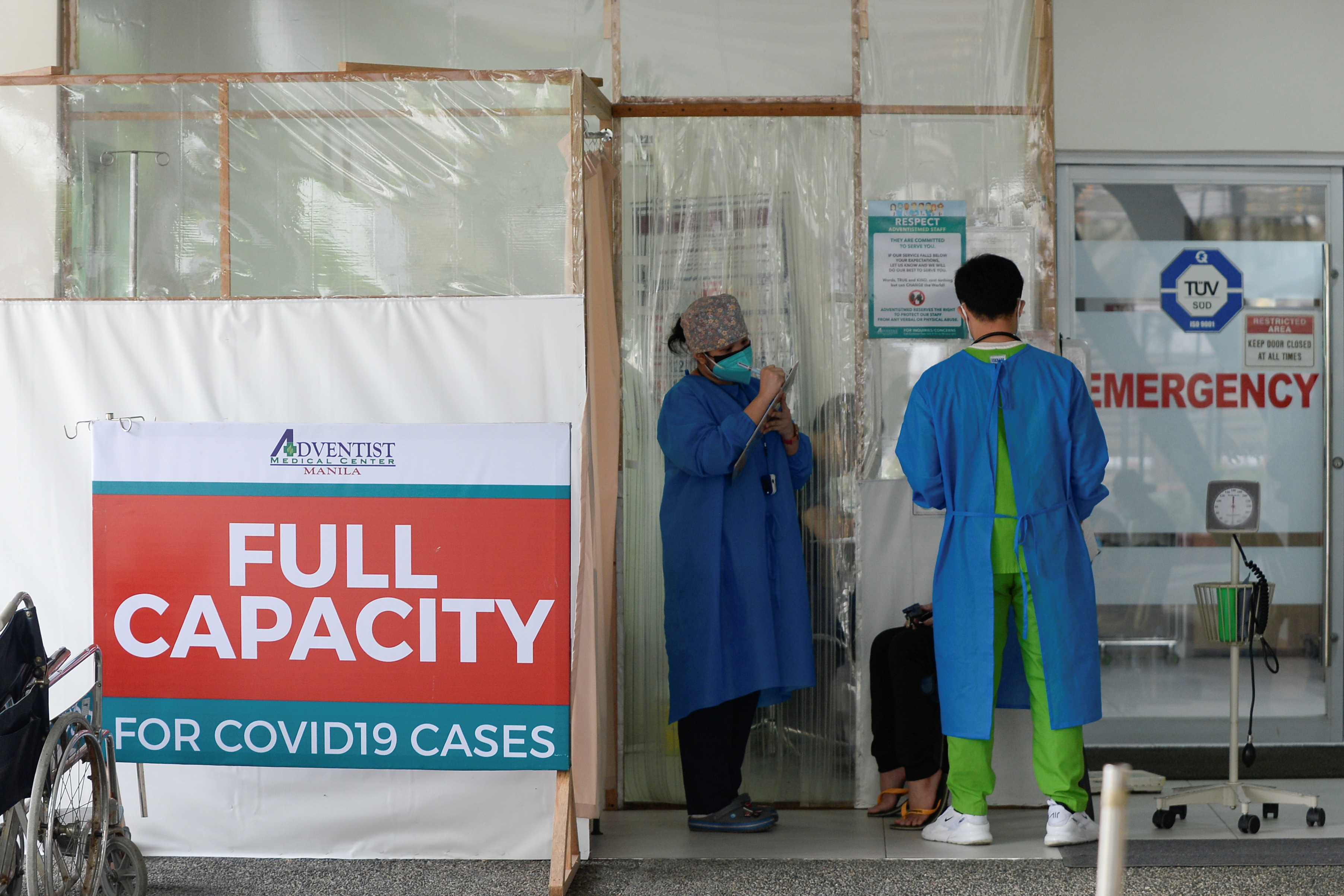
What message do you want to share to people about the situation in general?
KRIS: Let’s just all help one another and be more considerate, please.
PAOLO: Mask, hugas, iwas, and stay safe, stay at home.
MIKE: When hospitals say there are no beds, it means there are no beds, period. Even if a patient comes with a non-COVID emergency, they will not be accepted because there is no space for both COVID and non-COVID concerns. For example, you get into a car crash and require immediate surgery. If the nearest hospital is full, you will be turned away because there are no beds and you won’t get the care you need. I have seen patients who have died due to non-COVID concerns because of the fact that there was no space to treat them. So, if you think that you can survive COVID, please understand that there are people who also need treatments not related to COVID that can’t get it because of the lack of beds.
Also, seeing breakthrough cases happen might make you think vaccines don’t work. But they do. The vaccines are meant to protect you from experiencing severe conditions. They can mean the difference between life and death.
Continue Reading: How Do You Get More People To Get The Vaccine For COVID-19? These People May Offer A Clue
